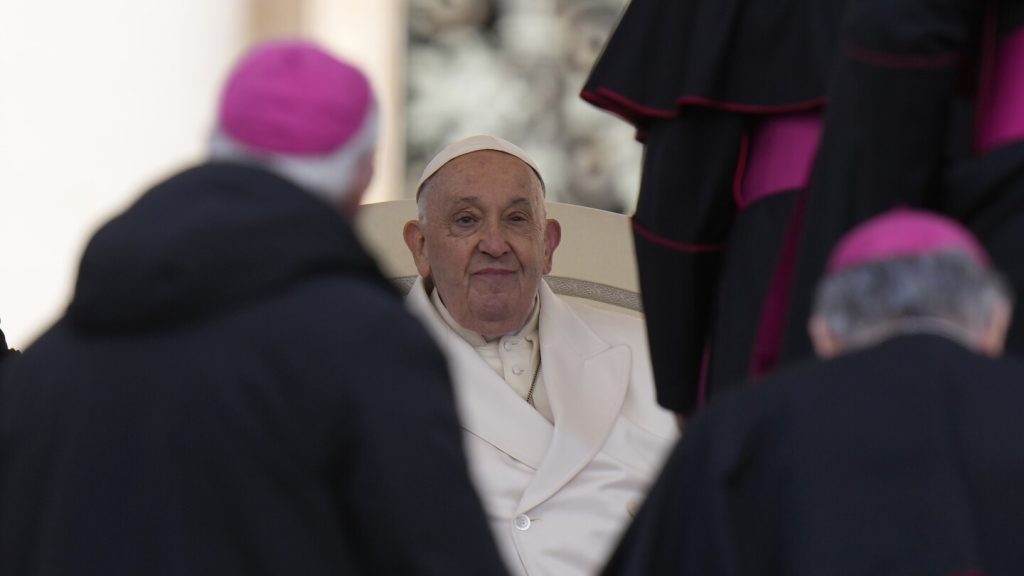Tech giant Cisco Systems has joined Microsoft and IBM in signing a Vatican-sponsored pledge to ensure that artificial intelligence is developed and used ethically for the common good. The pledge, known as the Rome Call, emphasizes the importance of AI systems being designed, used, and regulated to protect the dignity of all human beings and their environments. It also highlights key principles such as transparency, inclusion, responsibility, impartiality, and security as necessary for guiding all AI developments. The document was unveiled and signed at a Vatican conference in February 2020, just before Italy went into lockdown due to the COVID-19 pandemic.
Pope Francis has been a vocal advocate for the ethical development and use of artificial intelligence, calling for an international treaty to ensure that AI serves humanity and respects human dignity. He devoted his annual peace message this year to the topic of AI ethics, underlining the importance of promoting the responsible and beneficial use of technology. The involvement of tech companies like Cisco Systems, Microsoft, and IBM in the Rome Call reflects a growing awareness of the need for ethical guidelines in the development of AI technologies.
Archbishop Vincenzo Paglia, president of the Pontifical Academy for Life and leader of the AI initiative at the Vatican, expressed his appreciation for Cisco’s participation in the pledge. He highlighted the IT company’s expertise in infrastructure, security, and protection of AI data and systems, emphasizing the importance of collaboration between industry experts and ethical advocates to ensure the responsible use of artificial intelligence. The involvement of diverse stakeholders, including universities, U.N. agencies, private corporations, and NGOs, in the Rome Call underscores the global significance of ethical AI development.
Artificial intelligence has garnered widespread attention for its capabilities, ranging from producing human-like text, photos, and songs to more complex applications in various fields. Innovations like OpenAI’s ChatGPT have showcased the remarkable potential of AI technology, while also raising concerns about its impact on jobs, privacy, copyright protection, and even human life. The rapid development of AI technologies has prompted calls for ethical guidelines and regulations to address these challenges and ensure that AI is used responsibly and for the benefit of society.
As technology continues to advance at a rapid pace, the ethical implications of artificial intelligence become increasingly crucial. The Rome Call, endorsed by leading tech companies and supported by Pope Francis, sets a precedent for responsible AI development that prioritizes human dignity, transparency, and security. By engaging industry experts, ethical advocates, and global stakeholders in discussions about AI ethics, the Vatican initiative aims to shape the future of artificial intelligence in a way that serves the common good and upholds ethical principles. The collaboration between tech giants like Cisco Systems and ethical leaders in the Rome Call reflects a growing consensus on the importance of ethical guidelines for AI and paves the way for a more ethical and sustainable future for technology.


